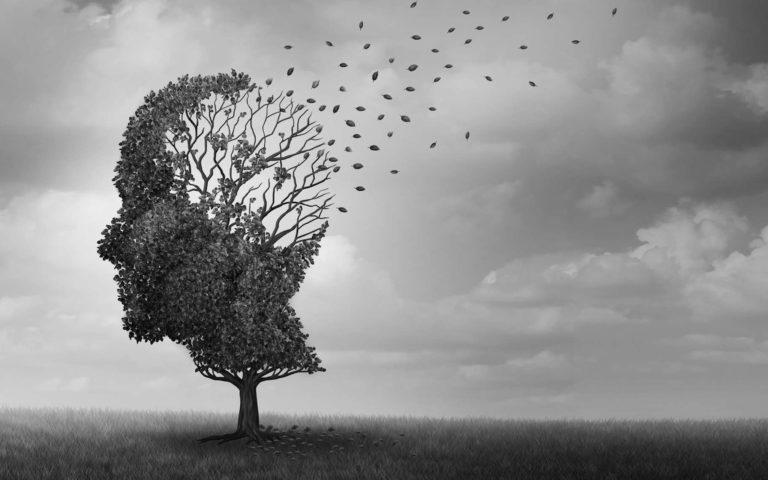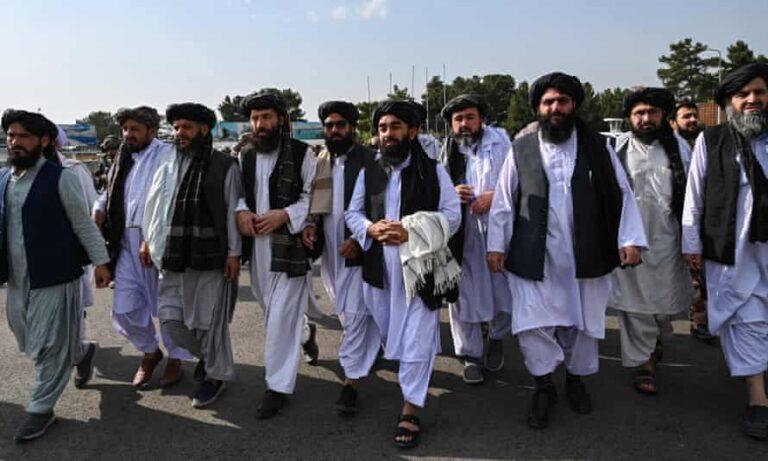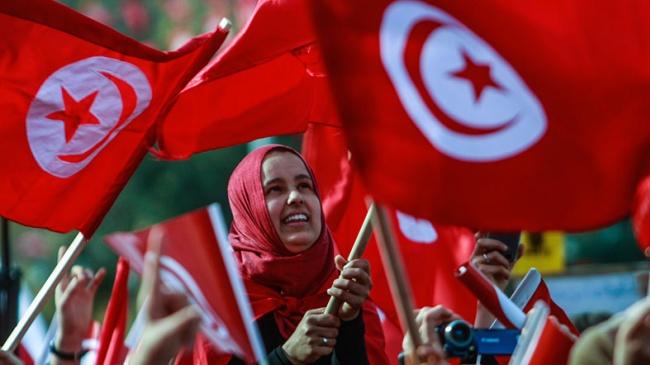Translated by Leo Kendrick

Following the recent wildfires across Turkey, plans to replant large swaths of the country’s charred forests are gaining momentum. Medyascope spoke with wildfire ecologist and biologist Prof. Dr. Çağatay Tavşanoğlu on the topic, who expressed that Mediterranean forests possess the unique ability to rejuvenate themselves, and that human intervention may actually cause more harm than good. Tavşanoğlu explained that these fires happen every year, but that their size and intensity has been exacerbated by climate change.

Turkey continues to battle widespread wildfires. 63 recorded fires spread across 21 provinces have necessitated the evacuation of numerous hotels and local homes, especially in Antalya’s Manavgat and Muğla’s Marmaris districts. Additionally, the fires have resulted in the deaths of at least 8 individuals and scores of wild animals in the affected areas.
While investigations into the source of the fires was initiated, much public speculation occurred with regard to their alleged cause. Speaking to Medyascope, Hacettepe University Faculty of Science Biology Department Lecturer Prof. Dr. Çağatay Tavşanoğlu discussed many issues ranging from the cause of the fires to the methods of intervention, as well as a comparison with fires abroad.
“Extreme intervention is the wrong approach”
Tavsanoglu stated that dozens of fires break out every day in the Mediterranean Region of Turkey, but that they tend not to be news-worthy because they are small, isolated, and easily brought under control. “Climate change has made heat waves more frequent. We have policies regarding the extinguishing of wildfires, and human populations have also increased significantly. The combination of these factors has resulted in the rise of big wildfires, a trend that we expect will continue in coming years. Regarding what comes after the wildfires, I would say that when reforestation is carried out in the manner suggested by NGOs and the public, it is an environmental disaster. This method of reforestation requires that an area be fully ploughed. These areas are made up of more than just trees; we must remember that these trees are part of a broader ecosystem. By ploughing these areas and replanting trees, the area’s biodiversity will be lost. This sort of extreme intervention is a pretty bad practice,” the professor said. “We need to be aware of the ability of the forest to recover on its own,” said Tavşanoğlu, “These forests were already burning before humans made the crossing from Africa to the Mediterranean. But they can renew themselves; they possess such features. Moreover, it may be bush, not just forest. Many regions of the Mediterranean are like this. There is a belief that everywhere must be forested. Interest in planting trees even in steppe regions derives from this. Efforts to forest Africa’s savannah regions also come from this same belief. This is a big misunderstanding.”
Mediterranean forests are self-rejuvenating
The Red Pine tree species keeps its cones closed for years to protect its seeds from fire. Within a few weeks after a fire, the cones open and the seeds reach the burnt soil enriched with nutrients and minerals. These seeds appear as young seedlings after seven to eight months. In other words, Mediterranean forests have the ability to renew themselves.
Tavşanoğlu stated that post-fire techniques exist which would be correct, doable approaches, and provided the following example: “You can prevent erosion by cutting down the burnt trees and laying their branches on the ground. This technique prevents soil erosion. Afterwards, you can plant Red Pine seeds if you wish as additional support. If you take this approach and do not plough the area, you ensure that other species can grow together with the trees and the ecosystem will be renewed. With a bit of seed support, these areas can be turned back into forests.”

Why all the wildfires?
Medyascope'un haftalık e-bülteni
Andaç'a abone olun
Editörlerimizin derlediği öngörüler, analizler, Türkiye’yi ve dünyayı şekillendiren haberler, Medyascope’un e-bülteni Andaç‘la her çarşamba mail kutunuzda.
Tavşanoğlu continued saying: “This is not a mining area; you can’t restore it simply by tilling and ploughing it.” The professor added that he found the claims of arson and sabotage questionable, saying “Things are being said without evidence such as ‘A hotel will be built’, ‘The terrorists burned it.’ It turns out that this is not the case most of the time. An organized attack of this sort would be strange and improbable. When we look at the current heat wave, we see fires not only in Turkey but also in Syria, Sicily, and Greece. It is a consequence of extreme drought. Sure, the causes of most fires are anthropogenic. There are great numbers of people in these regions due to tourism. The risk of fire is extremely high. Let’s say there are 50 fire outbreaks. Perhaps one of them started for this kind of reason, like someone thinking they can have a hotel built on a certain site. It is possible, but it is far too utopian to explain this phenomenon generally.”
The number of wildfires continues to increase. With climate change, the size of these fires is also increasing. Professor Tavşanoğlu said that there may be bigger fires and greater loss of life going forward, and that proper measures must be taken against these eventualities: “Three years ago, over 100 people died in Greece. No escape route had been planned. Turunç in Marmaris is similar in this respect; there is only a single route. If there had been a fire outbreak there, I don’t know what the people would have done. We cannot plan for the present with the policies of the 20th century. In the coming weeks the temperatures will rise once again. It is expected to reach 45-50 degrees. We must take immediate action.
Medyascope’s Turkish-language of the wildfires in Turkey:














